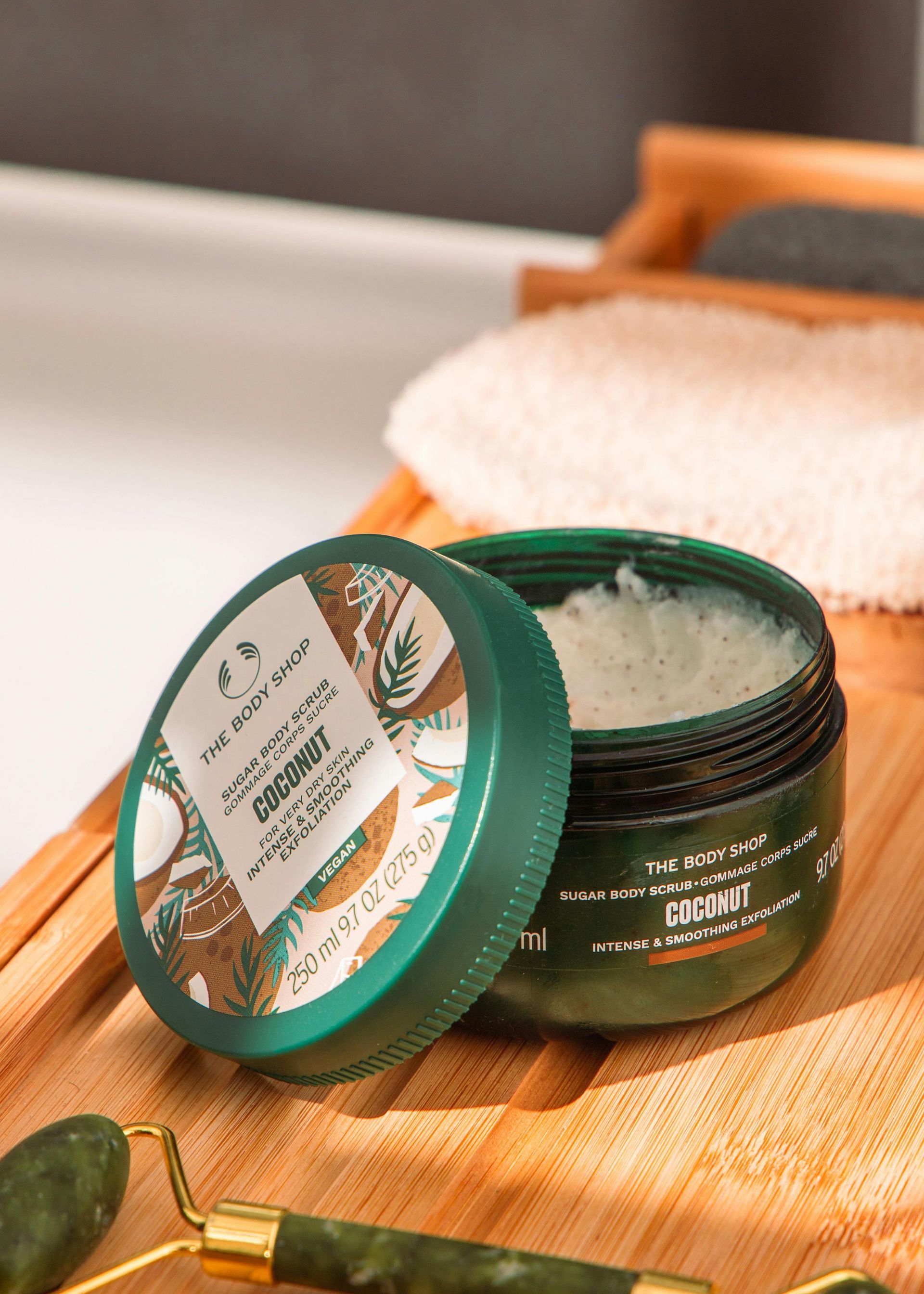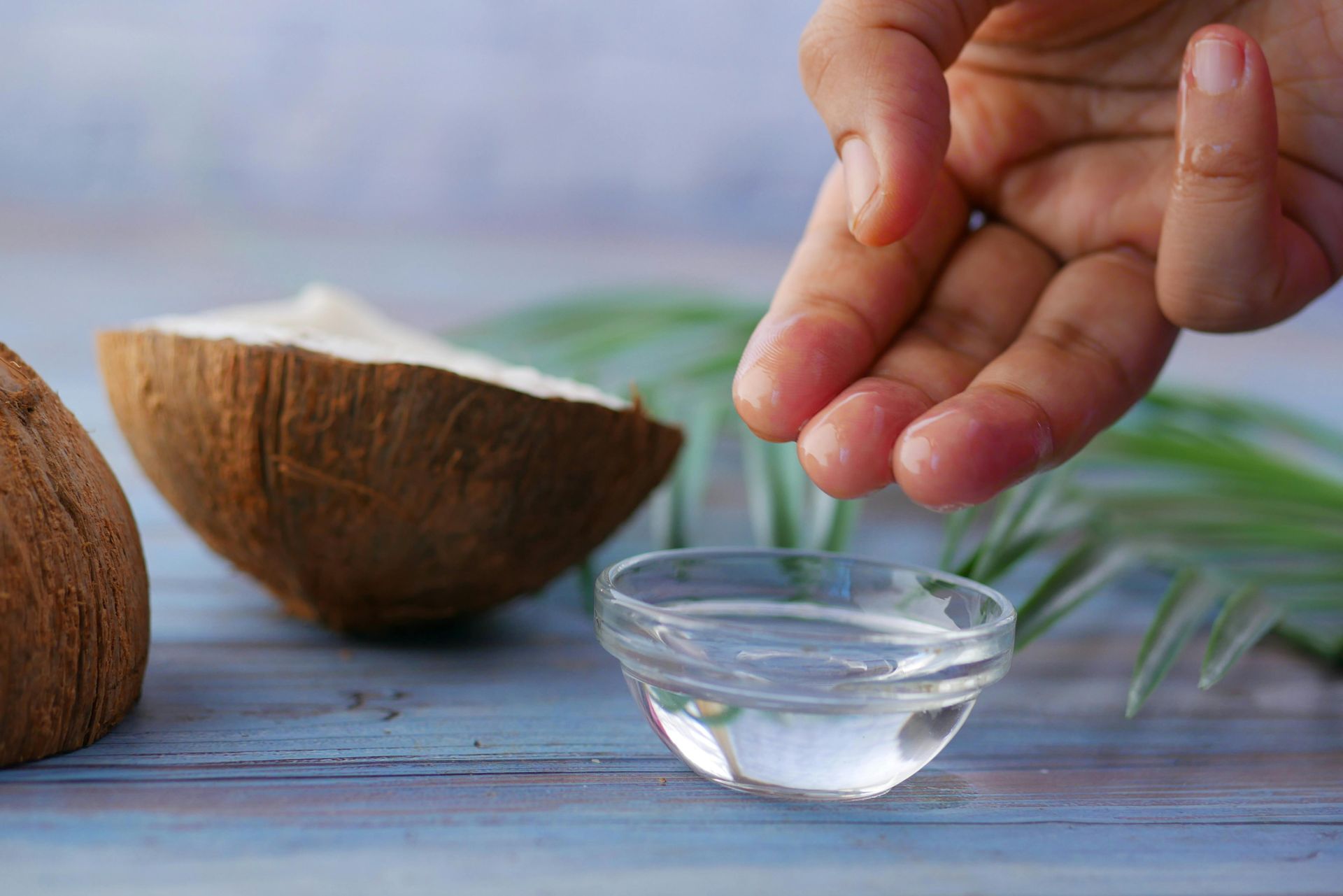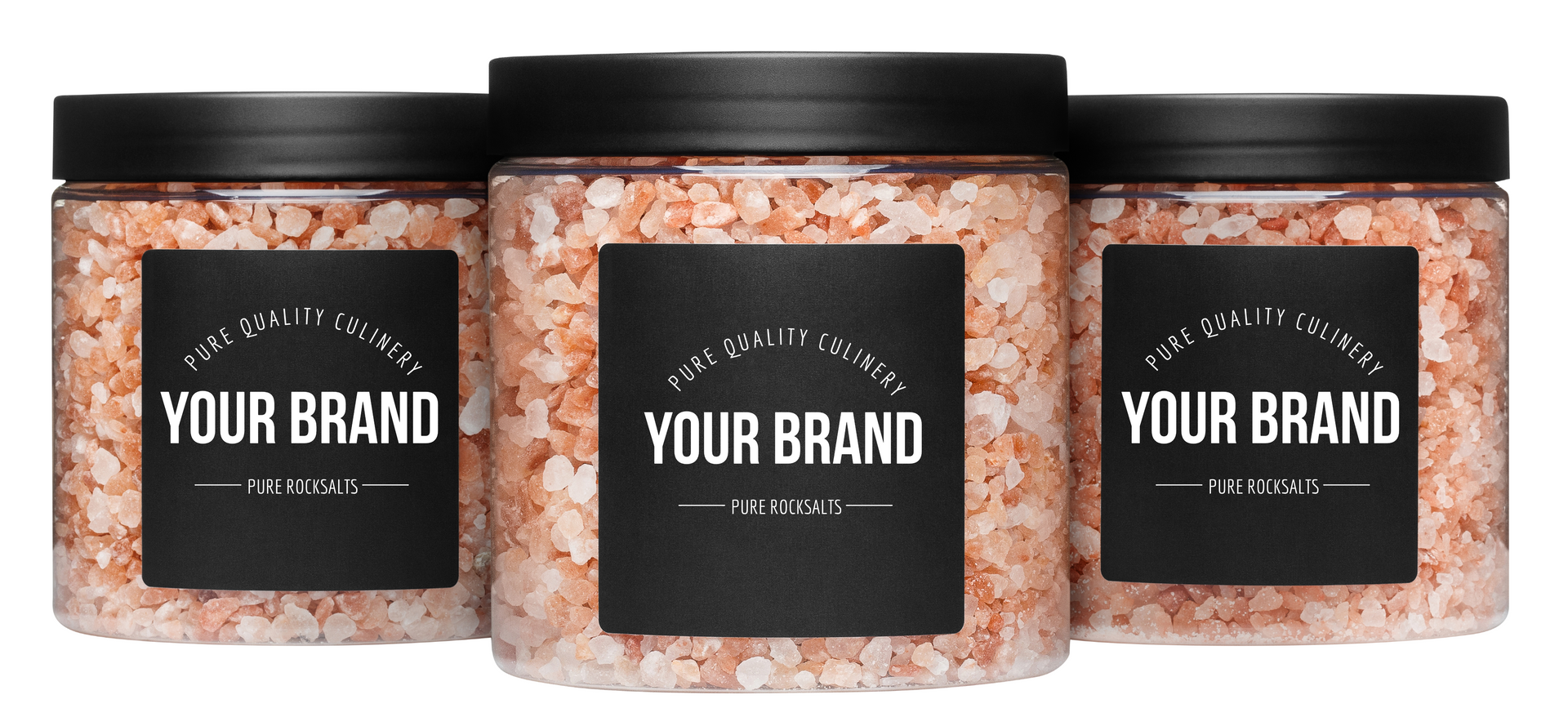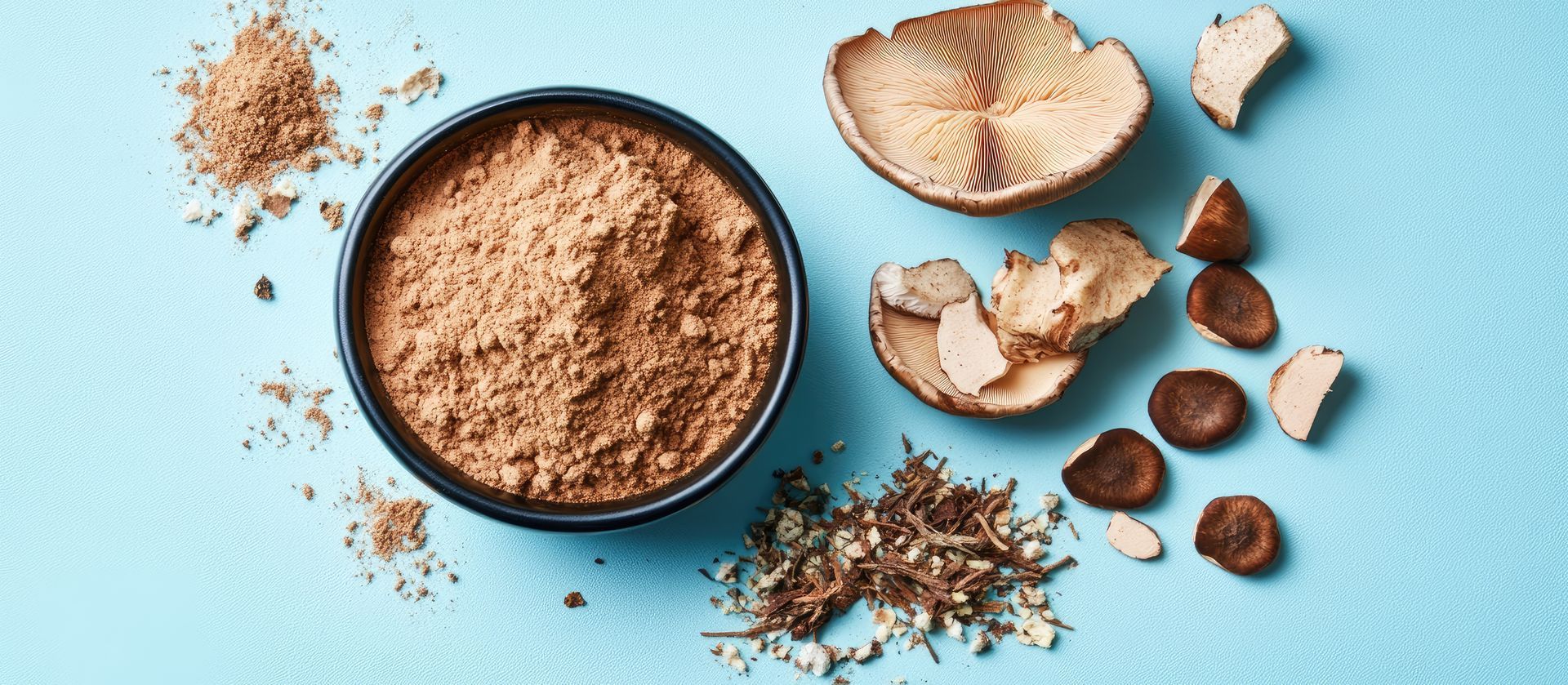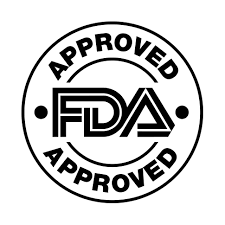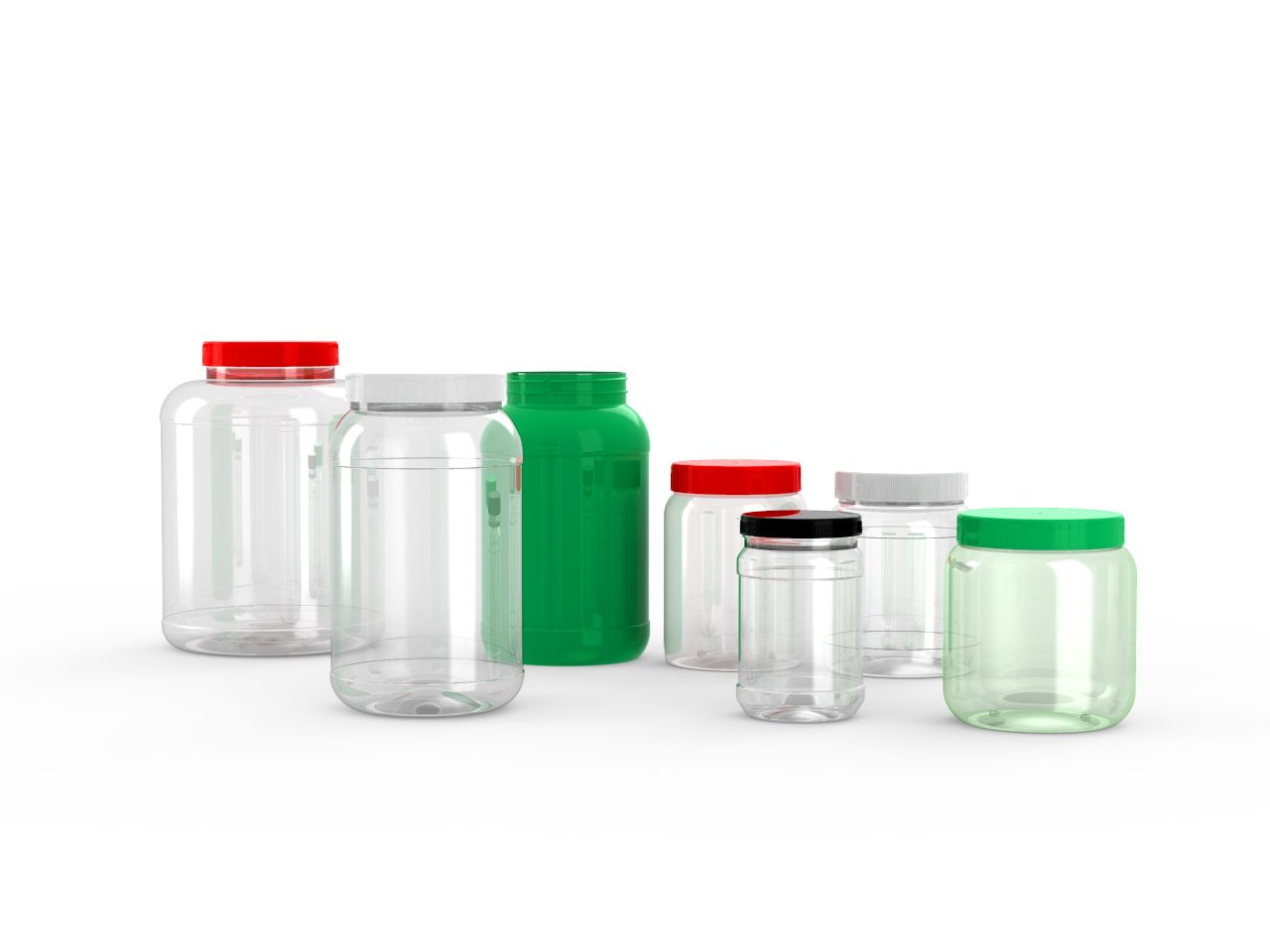The Best Supplements for Women's Health
Which Supplements & Nutrients Are Important for Women?
It's a fact that busy women often juggle multiple responsibilities—careers, families, and social commitments—leaving little time to prioritize their own nutrition. With maintaining such hectic lifestyles, preparing balanced meals can be challenging, perhaps leading to reliance on convenience foods that may be low in vital nutrients. Over time this can result in deficiencies in essential vitamins and minerals. Moreover, dietary preferences and restrictions, such as vegetarianism or food allergies, can further complicate achieving proper nutrition from diet alone.
Stress and fatigue can be widely common in fast-paced environments for anyone male or female, and can impair appetite and discourage cooking whole foods, making it even harder to maintain a nutritious diet, read on to learn more about what researchers of womens health consider to be the top supplements to take and why.

Iron
Iron is a crucial mineral for women, especially those of reproductive age. It plays a vital role in the production of hemoglobin, the protein in red blood cells that carries oxygen throughout the body. Women are at a higher risk of iron deficiency due to menstrual blood loss, which can lead to fatigue, weakness, and decreased immune function. Iron supplementation can be particularly important for women who are pregnant or have heavy menstrual cycles. It's essential, however, to monitor iron levels through blood tests and to consult with a healthcare professional before starting supplementation since excessive iron can lead to toxicity. Iron supplements often come in various forms, with ferrous sulfate being a common choice. To enhance absorption, it's advised to take iron with vitamin C-rich foods or drinks.
Calcium
Calcium is a key mineral that is critical for women's health, particularly in terms of bone density. Women are at a higher risk of osteoporosis, especially post-menopause, due to decreased estrogen levels that accelerate bone loss. Adequate calcium intake throughout life helps to build and maintain strong bones. The recommended daily intake of calcium for women varies by age, but generally, it ranges from 1,000 mg to 1,200 mg. While dairy products like milk, cheese, and yogurt are well-known sources of calcium, many women may also turn to supplements to ensure they meet their needs. Calcium citrate and calcium carbonate are popular supplement forms, with citrate being more easily absorbed. It's also important to combine calcium with vitamin D, which aids in calcium absorption and supports overall bone health.
Vitamin D
Vitamin D is essential for overall health and well-being, playing a crucial role in calcium absorption and bone health. Women, particularly those living in northern latitudes or who have limited sun exposure due to lifestyle or cultural practices, may be at risk of vitamin D deficiency. Adequate vitamin D levels are linked to improved immune function, mood regulation, and even a reduced risk of chronic illnesses. The optimal level of vitamin D can be determined through blood tests, and supplementation may be necessary for those who fall below recommended levels. Common forms of vitamin D supplements include vitamin D2 (ergocalciferol) and D3 (cholecalciferol), with D3 generally being more effective in raising vitamin D levels in the body. A daily intake of 600 to 800 IU (International Units) is typically recommended for women, with higher amounts needed for those pregnant or lactating.
Omega-3 Fatty Acids
Omega-3 fatty acids are essential fats that play a vital role in women’s health, particularly for heart, brain, and joint health. These fatty acids are primarily found in fatty fish like salmon and mackerel, as well as in flaxseeds, chia seeds, and walnuts. However, many women may find it challenging to get adequate omega-3s from their diet alone, leading to supplementation. Omega-3s are known for their anti-inflammatory properties and have been linked to improved cardiovascular health, better cognitive function, and reduced symptoms of PMS and menopause. Fish oil supplements and algal oil (plant-based) are popular sources of omega-3s, containing eicosapentaenoic acid (EPA) and docosahexaenoic acid (DHA). For women, a daily intake of 250 to 500 mg of combined EPA and DHA is commonly recommended to reap the health benefits associated with omega-3 fatty acids.
Multivitamins
Many women opt for a multi-vitamin rather than a variety of individual supplements for several reasons. Convenience is a significant factor; a multi-vitamin provides a broad spectrum of essential nutrients in a single pill, simplifying daily health routines. This ease of use often encourages better adherence to nutritional plans compared to juggling multiple products.
Second, multi-vitamins are formulated to include the vitamins and minerals that women typically need in greater amounts, such as folic acid, iron, and calcium. This targeted approach can help support areas of health that are particularly relevant to women, such as reproductive health and bone density.
It's important to note that, taking a multi-vitamin can reduce the risk of nutrient imbalances or overdoses that can result from excessive supplementation. By choosing a well-balanced multi-vitamin, women can more effectively meet their nutritional needs while minimizing the complexity and potential health risks associated with multiple individual supplements.
The products below are some highly rated all in one supplement products we've found researching this article. 🔗 on image to shop or learn more about these multi-vitamins.





